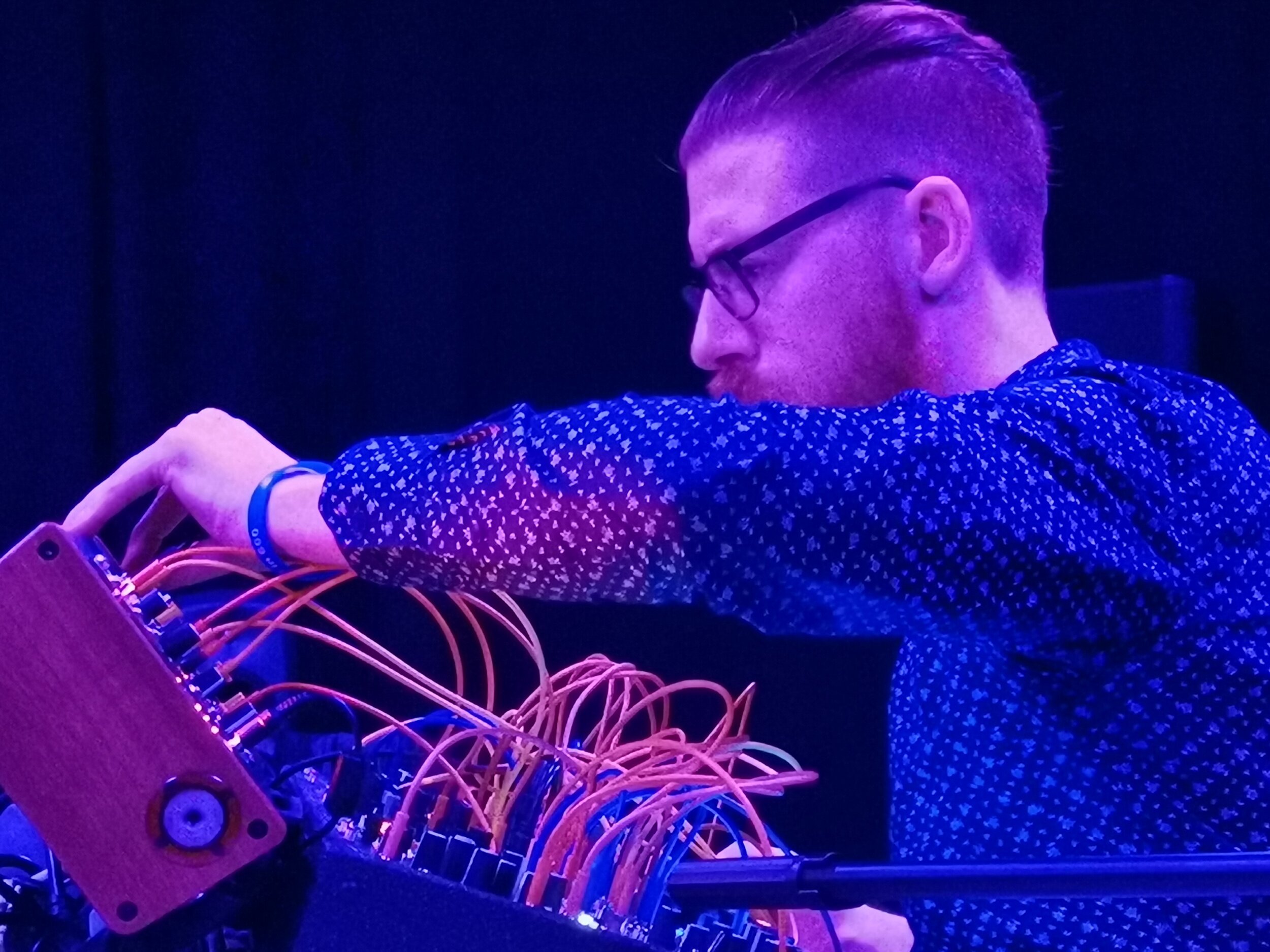Recursive Writing: A Machinima Performance Game (2015)
In Recursive Writing, players collectively re-author the narrative of the classic Super Nintendo game, Legend of Zelda: A Link to the Past. Invoking a crowd-sourced cadavre-exquis, the game is a site of continuous communal bricolage, changing with each player’s input. Players of the game will be first introduced to a machinima – an animation made with a video game, previously created and narrated by another player. Following the presentation of a machinima, Zelda will be launched in an emulator for the player to play. The machinima provides the player with a re-authored context of Zelda. At any point in time during Zelda gameplay, players can use the Recursive Writing app to create their own machinima. Their machinima will then be added to the collection of player-created machinimas, one of which will be randomly selected for the next player to view.
Recursive Writing was work shopped and presented at Trinity Square Video from July 9-11, 2015.
Stethoscope Hero (2014) for Networked Laptop Ensemble running Max/MSP
Laptop orchestras have much in common with video games, such as utilization of networked play, singular (solo) and cooperative (ensemble) modes of play, and hardware that is multipurpose and widely available. The goals of this research-creation project were to explicitly link musical parameters to rules of a new video game created for the Concordia Laptop Orchestra; to play-test ongoing versions and updates of a video game-composition to discover aspects that are fun to play and prompt meaningful experiences among participants; and to modify the game through an iterative process according to the findings.
This iterative design process led to the creation of Stethoscope Hero, a science fiction, multiplayer, choose-your-own-adventure video game-composition for networked laptop orchestras. Its story is set on a remote planet with laboratories that provide the only breathable air. The game’s story begins with an earthquake, causing the machines of the laboratories to fail. Players create and control perceptual superheroes who, through their special powers to repair machinery through advanced diagnostic listening, have been tasked with saving their civilisation by exploring the laboratories, listening to the machines, and attempting to make repairs based on what they hear.
Stethoscope Hero has since been performed internationally, most recently at the Network Music Festival in Brimingham, UK, which followed a lecture on composing for meaningful play in laptop orchestras. This research-creation project was part of research on the social and design parameters that contribute to meaningful play and fun in the context of networked laptop orchestras. It was supported by a grant from the Concordia Undergraduate Student Research Award (CUSRA), and supervised by Dr. Eldad Tsabary under his Interdisciplinary Networked, and Telematic Laptop Orchestra Project (INTLOP).
Poster available here
